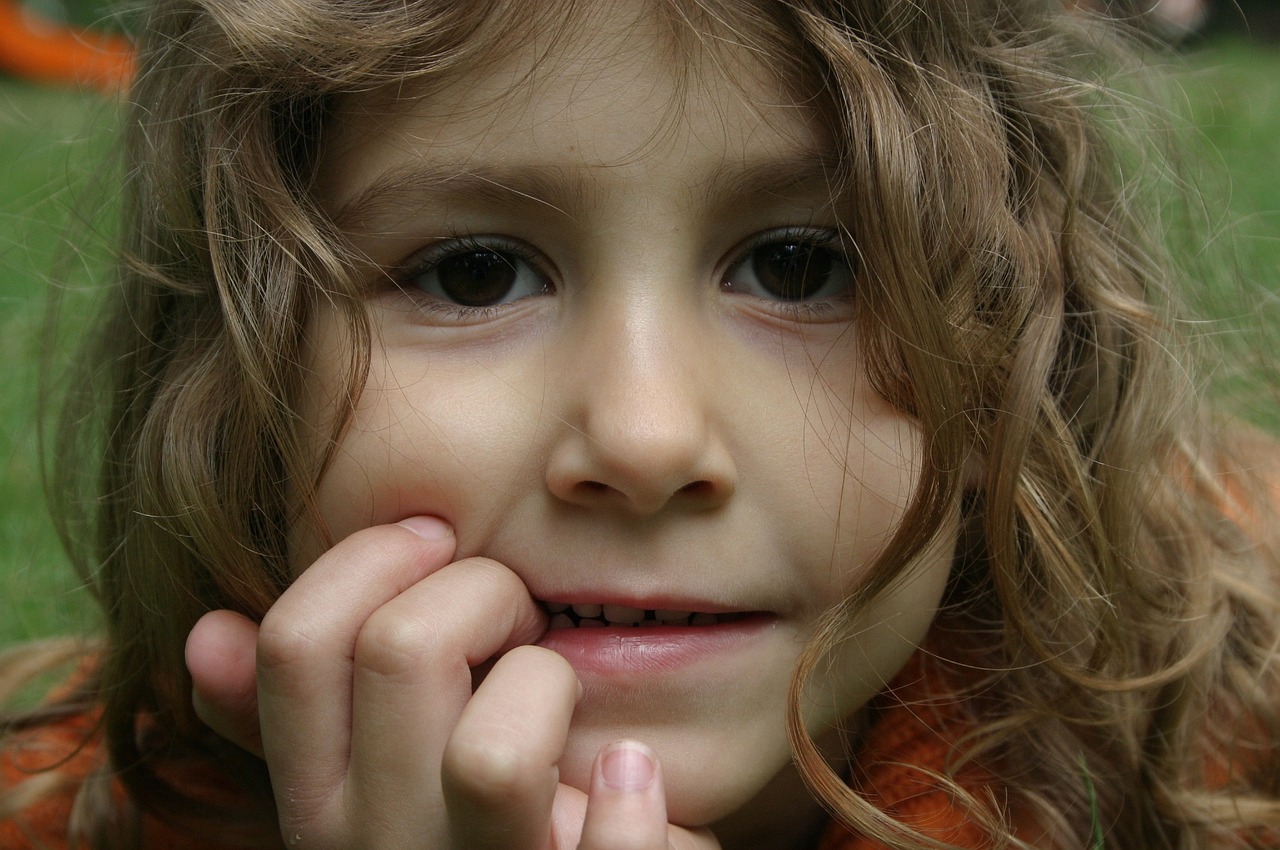Talking to Your Kids About Life After the Pandemic
 If you are a parent, the period of self-isolation due to the COVID-19 pandemic may have been a difficult adjustment for your children. Similarly, the idea of going back into the world might leave your kids feeling anxious at the idea of another big change, or they could be looking forward to things going back to “normal” only to find that life still isn’t quite as they remember it.
If you are a parent, the period of self-isolation due to the COVID-19 pandemic may have been a difficult adjustment for your children. Similarly, the idea of going back into the world might leave your kids feeling anxious at the idea of another big change, or they could be looking forward to things going back to “normal” only to find that life still isn’t quite as they remember it.
It’s important to talk to your children about how what to expect as they re-enter the world outside of your home.
Brush up on the basics. Start with the question: What does your government’s guidelines say will change as self-isolation rules relax? Doing some homework before discussing what changes are in store for your family can help reassure your kids.
You don’t need to have all the answers. If you’re unsure of a topic that comes up in conversation, don’t guess or make something up. Instead say, “I’m not sure about that. How about we research it together?”
Think ahead of time how these changes will impact your family. How will your work, social life, and school schedules will alter? Will mornings and evenings look like they used to, or will commutes and routines differ? Will you be allowing visitors in your home? Discuss these with your partner, so that you’re united before you talk to your children.
Focus, focus, focus. Give your undivided attention to kids when they need to talk. Turn off the radio, TV, or any devices. Look them in the eyes and listen. If the lines of communication are already open, your child will be more likely to turn to you when problems arise.
Ask them what news they’ve heard. If your child is an adolescent, they might be hearing news from friends or online, which might mean tuning into news sources that aren’t reputable or giving out false information. Show them what government agencies and health authorities can be trusted online, and bookmark those pages so that they’re easily-accessible.
Keep it age-appropriate. Different ages and stages require a different approach, so be sensitive to the issues that are relevant to your child now. Ask kids pointed questions to determine how much they already know and how accurate the information they’ve received is.
Stay positive. Sometimes children can be reluctant to change, but keep reminding them that the government and health agencies are invested in keeping all of us safe. Remind them that these changes will mean that, depending on your area, they’ll get to see their friends in person and they may be able to reengage in their favorite activities like team sports or clubs.
Set boundaries and communicate them clearly. If you have set guidelines for safe socializing with friends, write them down and post them on the fridge. Remember to communicate why these guidelines are important.
Make it clear that, if they’re struggling to cope, help is available. The pandemic has brought feelings of anxiety and depression for many people, including kids. If your child is having difficulties adjusting, let them know that you’re available to talk to about any worries and fears they might have.
Excerpted from “Talking to Your Kids About Life After the Pandemic” in LifeWorks. Read the full article online.
Source: LifeWorks | Talking to Your Kids About Life After the Pandemic, https://lifeworks.com/en/resource/talking-your-kids-about-life-after-pandemic | © 1996-2021 LifeWorks Inc.
Do you need someone to talk to? To schedule an evaluation or to get advice about your child’s challenges, call or email a CHC Care Manager at 650.688.3625 or careteam@chconline.org CHC teletherapy services are available now.





